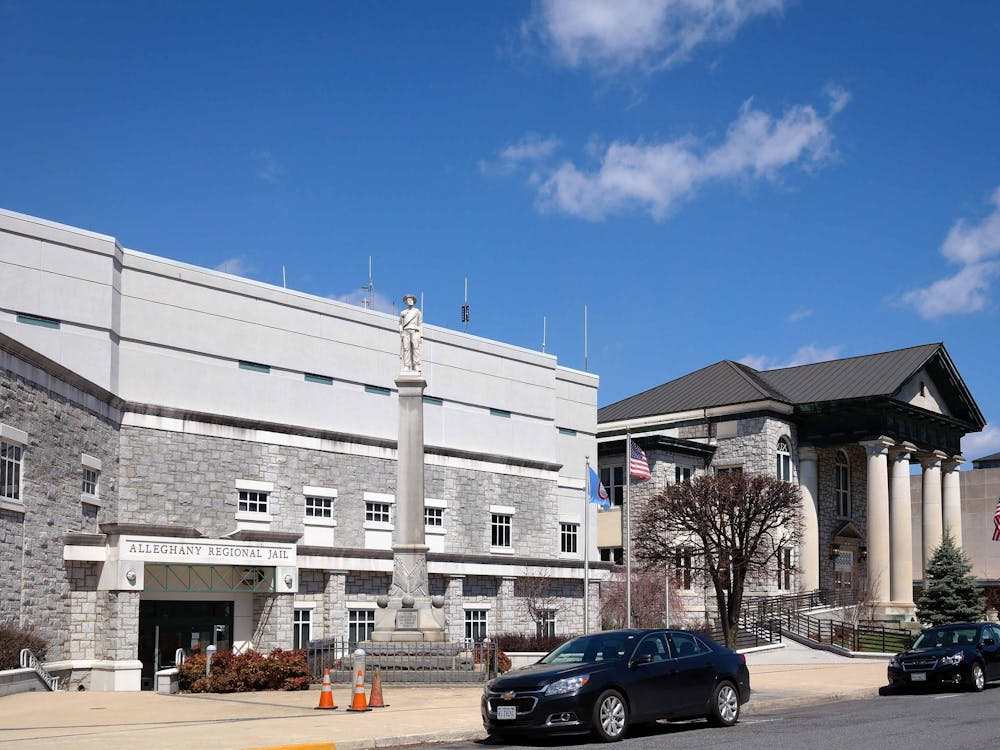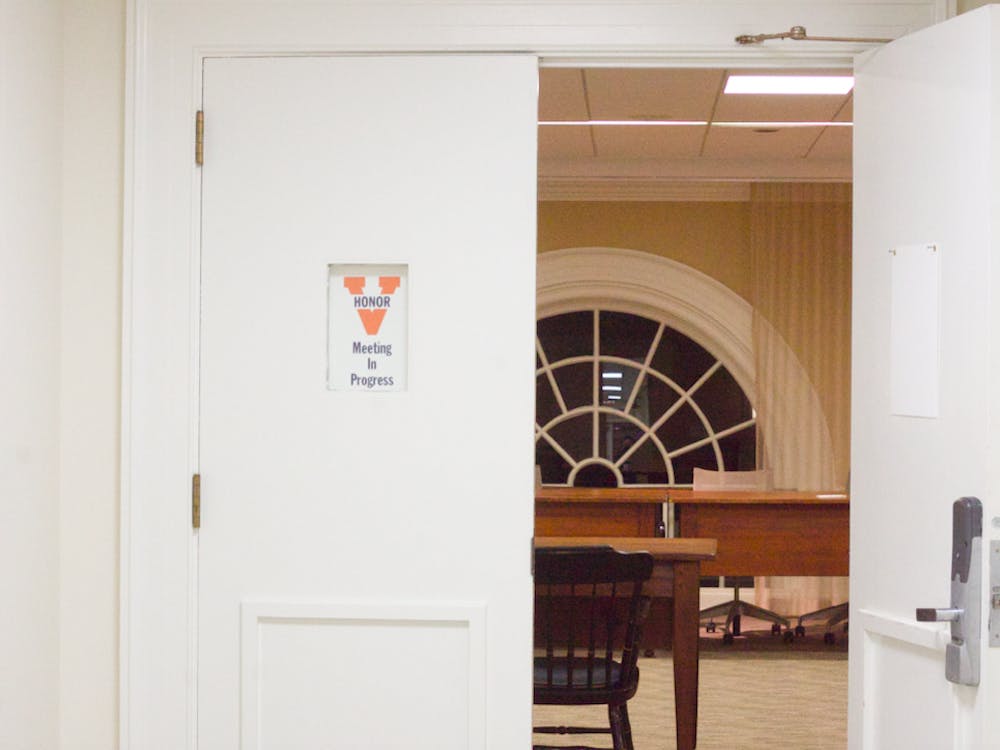What happens when an unstoppable conviction meets an immovable sentiment? Two recent columns in The Cavalier Daily demonstrate the predicament. First, the conviction: As Lucy Siegel writes, we must take more refugees. It’d be morally repugnant not to; we’d be simultaneously spitting in the face of Lady Liberty and Emma Lazarus. But then there’s the pesky problem of public sentiment. Significant chunks of people in essentially every Western country aren’t happy with mass migration. They express their frustration by voting for politicians promising to stem the refugee tide. But Bobby Doyle tells us these leaders are invariably dangerous; indeed, “the world is much worse off with right-wing populists taking control.” So what to do when the establishment left’s favored policy serves to catalyze its worst fear?
Our leaders should adopt a strategy of tactical concession — slowing the flow of refugee resettlement in order to stave off nativist uprisings — and liberals should adjust their views to this political reality. This counterintuitive approach is necessary to cope with the anti-immigrant sentiments revealed this past year. Donald Trump suffering an embarrassing defeat in November won’t rid the world of populist concerns. Even if he loses, seemingly discrediting his ideas of border walls and Muslim bans, support for those proposals won’t go away. As Doyle reminds us, Trump-like politicians are ascendant in Britain, France, Germany, Denmark and Hungary as well.
Moreover, anti-refugee or anti-Muslim sentiments aren’t even confined to the right. Only 36 percent of American voters support accepting Syrian refugees into this country, and 34 percent of Democrats and 49 percent of independents support a temporary ban on Muslims entering the United States. Outside the United States, the French far-left leader Jean-Luc Mélenchon considers refugees “nothing but those seeking jobs under the false cloak of political persecution.” If the election were held now, he is expected to garner nearly the same amount of support as France’s Socialist President François Hollande.
So, as a socialist far more distasteful than Melenchon once asked, what is to be done?
We could advocate stopping the refugee crisis at its source, supporting an intervention in the Syrian Civil War to cripple President Bashar al-Assad’s war-making capacities and enforce a no-fly zone. If successful, an intervention would certainly reduce the main push-factor causing so many Syrians to flee, reducing Assad’s usage of barrel bombs and preventing Russian air strikes from continuing to target the UN’s humanitarian aid convoys. But this solution is unlikely for a number of reasons. It’s fraught with the danger of military escalation with nuclear-armed Russia. President Obama has reportedly already declined to intervene in Syria to avoid upsetting our new Iranian friends. And liberals would be loathe to support it. As the Washington Free Beacon’s Noah Pollak argued, “liberal anti-interventionists believe there’s something worse than mass civilian slaughter: U.S. military intervention to prevent that slaughter.” He’s intentionally polemical and ignores other cost-benefit analyses of intervention, but he conveys an important message: If helping the refugees is of such overriding importance, shouldn’t those demanding greater refugee resettlement also demand taking action to prevent the creation of refugees in the first place?
Alternatively — and probably preferably so far as the public is concerned — we could resettle more refugees closer to Syria, rather than in Western countries where their arrival will fuel populist backlash. According to the Center for Immigration Studies, it costs roughly 12 times more to resettle refugees in the United States than neighboring Middle Eastern countries. More specifically, as Reihan Salam argued in Slate, we could use the resources we’d spend on resettlement to instead help the refugees flourish in specially created economic zones close to home. The benefit of this approach — further fleshed out in Foreign Affairs by Alexander Betts and Paul Collier — “is that it provides Syrians with a measure of economic self-sufficiency and cultural autonomy in exile… [and] the costs of getting it off the ground would be a small fraction of the costs of successfully integrating refugee families into European societies that are at best ambivalent about welcoming them into their societies and economies.” Redirecting more refugees to Middle Eastern countries — though not without its drawbacks, as the European Union’s deal with Turkey revealed — could allow Western nations to be more selective, accepting families and children while avoiding childless, single men.
In order to ensure an open and liberal world order for the future, we can’t be overzealous today. Blanket bans on Muslims and refugees are poor policies, but banishing any similar skepticism regarding mass migrations from the ranks of elite conversations, or dismissing them as mere xenophobia, only exacerbates the problem. Atlantic senior editor David Frum put it well: “the refusal of responsible leaders to address real and important voter concerns does not banish those concerns: it only opens the door to extremists and demagogues who will promise to address issues that the mainstream won’t acknowledge.” Unless we want to continue to endure more demagogic buffoonery every few election cycles, we better take these concerns more seriously.
Matt Winesett is a Senior Associate Editor for The Cavalier Daily. He can be reached at m.winesett@cavalierdaily.com.





